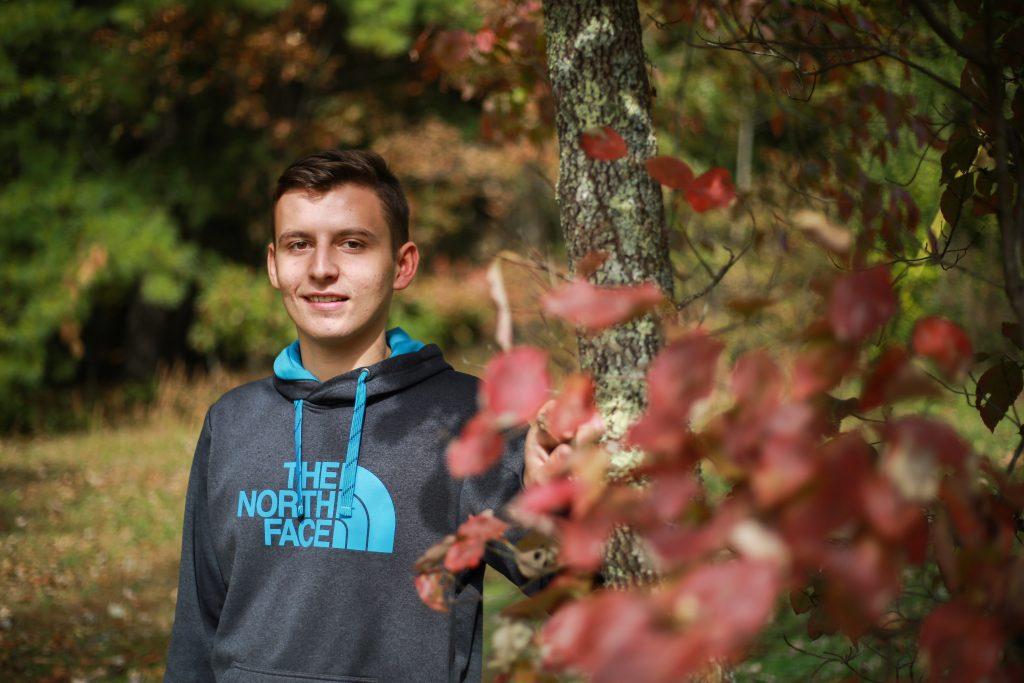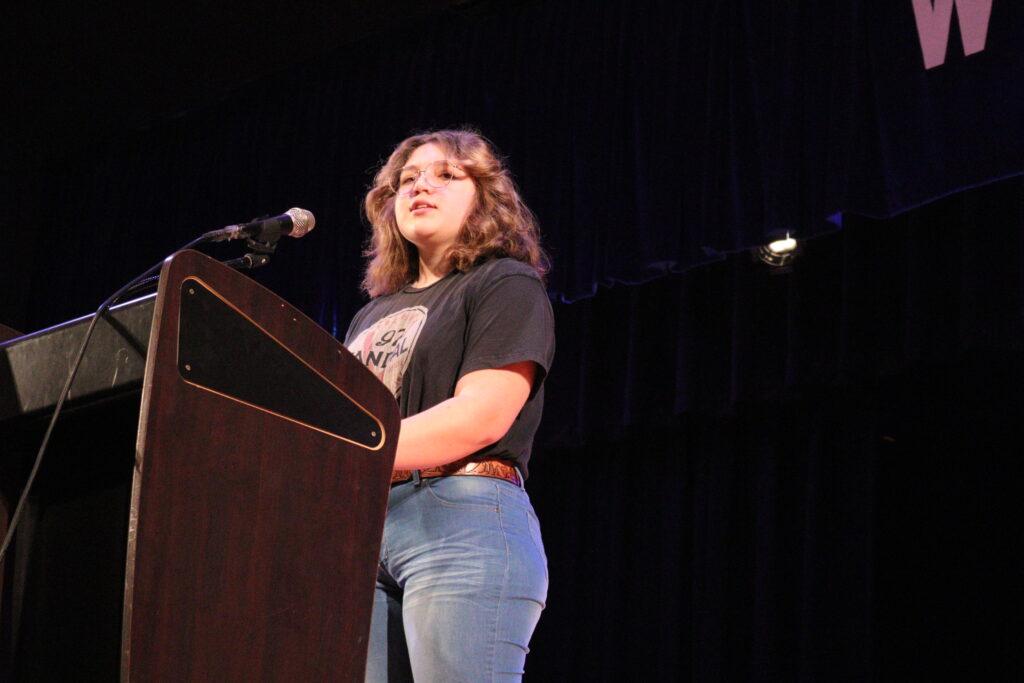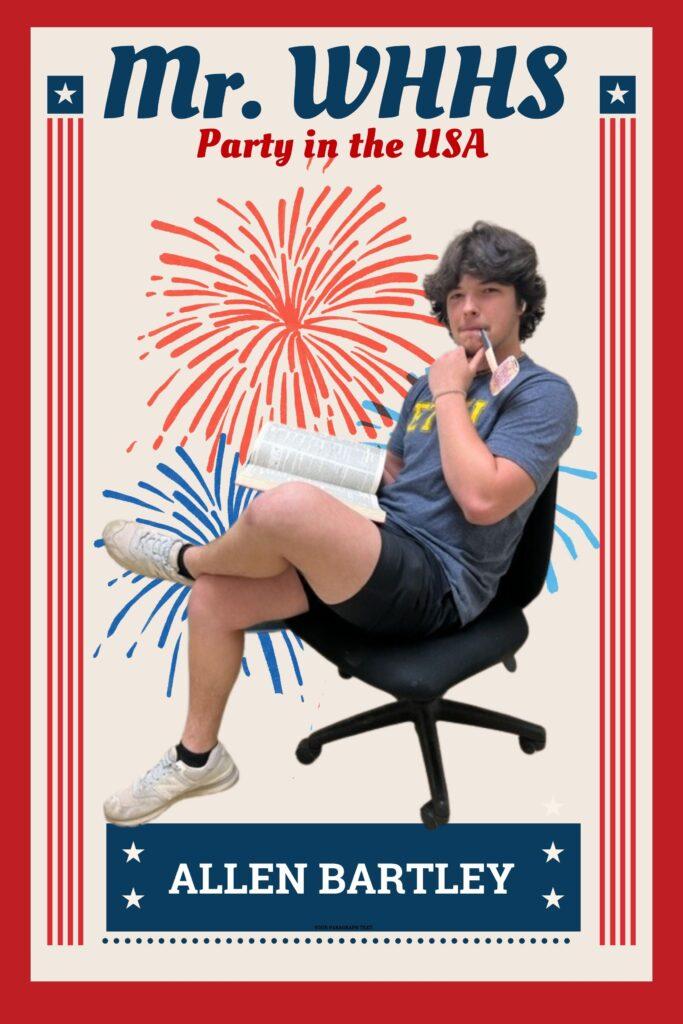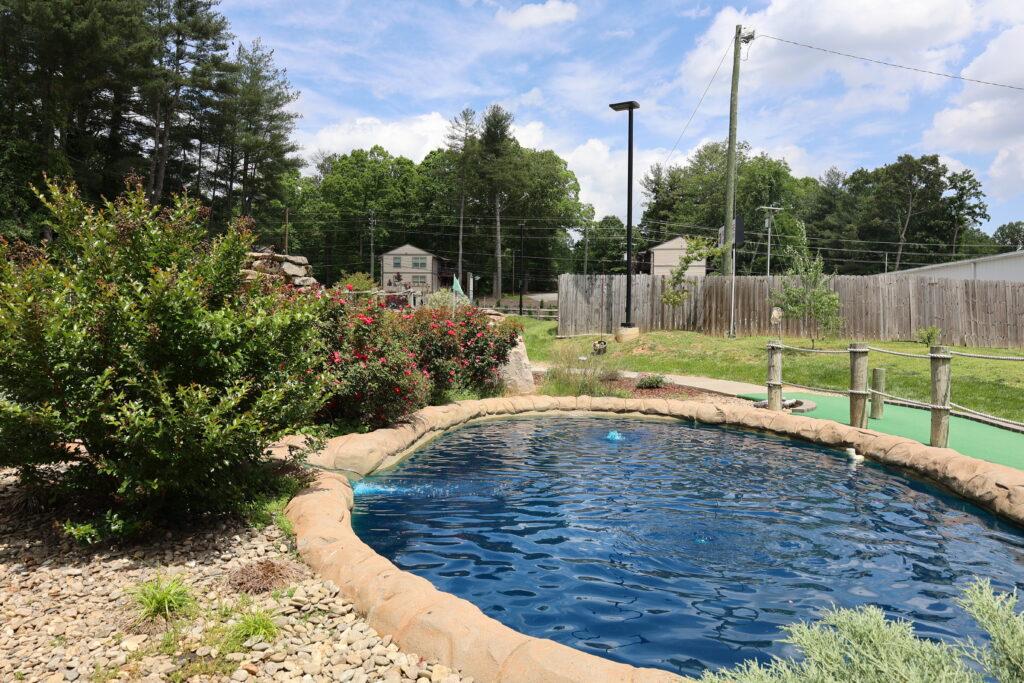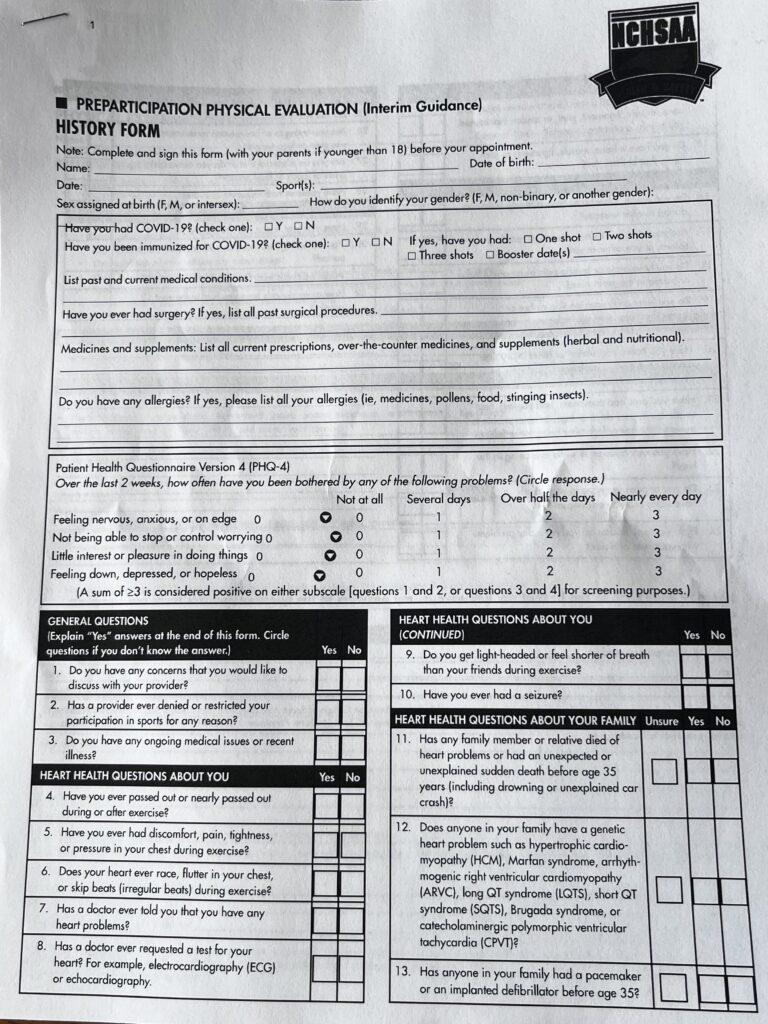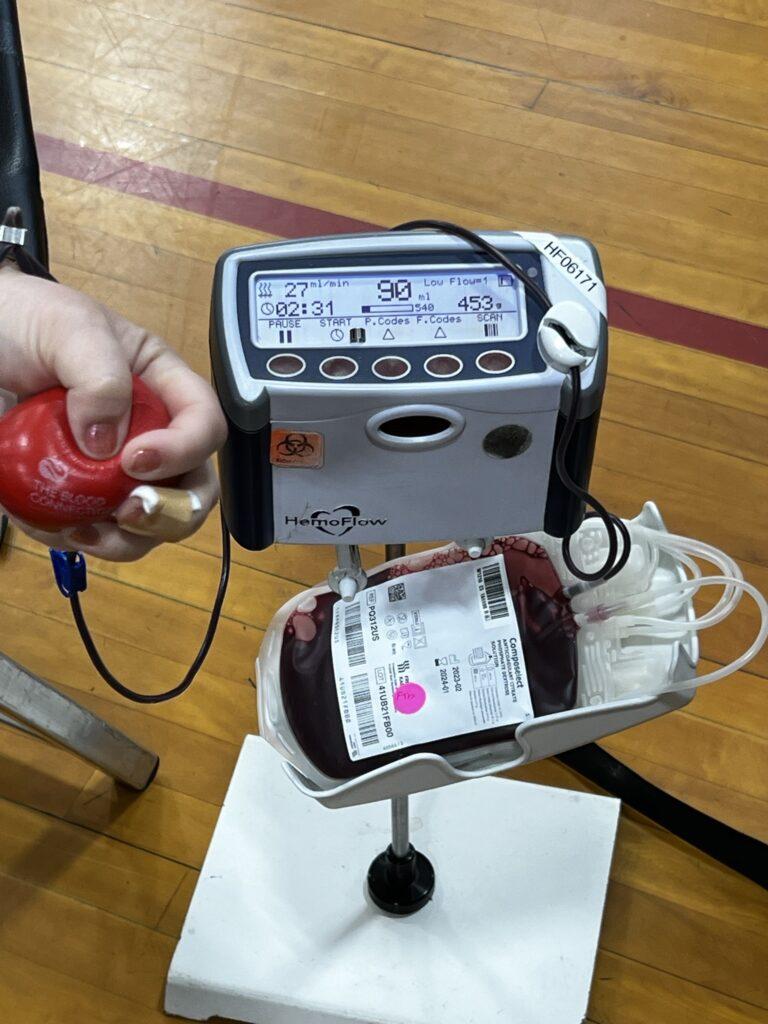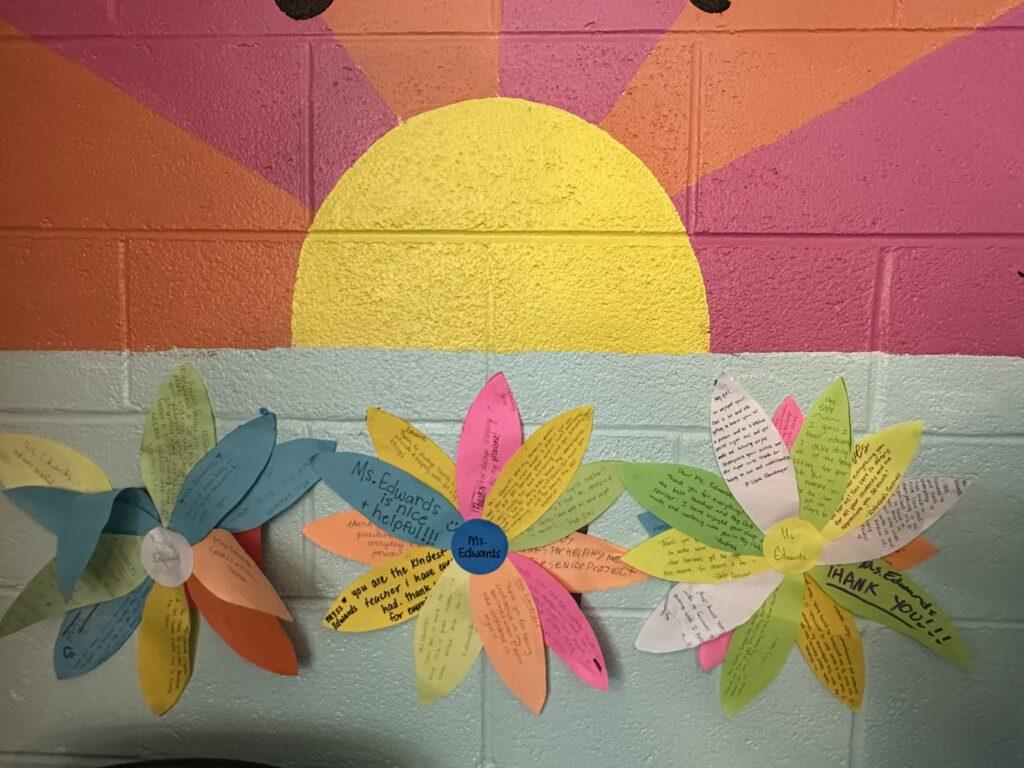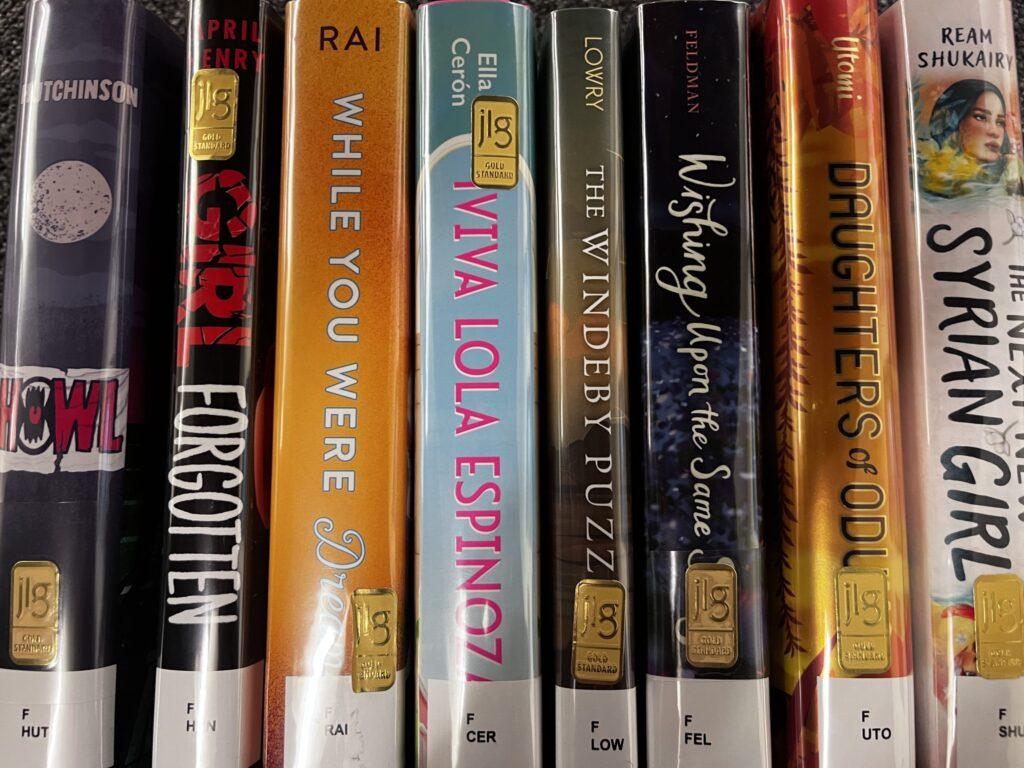Alessio Pylli’s life is defined by movement. As a junior in high school, he has been to three different countries and studied five different languages. The exploration of cultures and languages is his dream, and that dream has brought him here. Pylli, through the exchange programs of the American Field Service (AFS), has left his home of Italy to be in the United States as one of West’s foreign exchange students.
AFS Intercultural Programs is a collection of over 50 independent, non-profit organizations that focuses on empowering students with intercultural knowledge they can use to better the world as a whole. Pylli was enticed by this and started applying in Aug. 2017. When it came time to choose his destination, he realized that he had not thought about it much. He was excited to explore any culture, so he was unsure which one would be best for him. He eventually decided to apply for the United States, and his application was accepted.
“I’ve not experienced something like this before,” Pylli said. “I know a variety of cultures because my parents are from Albania, so I’ve been in Albania for a year. I attended my first elementary year of school there and I’ve studied French culture in school. Culture is where my interest is; knowing languages and trying to experience new things was always my dream and I think English is a beautiful language. America is a good country. I was really lucky to come here.”
As much as he enjoys his experiences in the United States, it has not come without its challenges. From discovering phone numbers with letters in them to feeling the isolation that comes along with being in a foreign country, he has marveled at cultural differences of all magnitudes.
Considering his hometown, it is no wonder that Pylli has faced so many new things. Pylli comes from Rome, a rustic city with antiquated tastes. Most classrooms have no computers, only textbooks and blackboards. The biggest difference, Pylli said, is not having the public transportation he had in Rome. He misses the independency he had to travel.
Another problem Pylli has encountered has been his interactions with new people and how they perceive him.
“This is a very challenging thing: you’re in a new school and you really don’t know anyone,” Pylli said. “In the beginning, you are the exchange student and everyone likes you. Eventually, you’re not more than exchange student. You need to have a personality. You’re an exchange students first, then you become Alessio. But first of all, you are an exchange student. You are the exchange student. And then if you do well, you can become Alessio or the person without the name ‘exchange student.’ But at first you are ‘the exchange student’ because everything starts from zero and no one knows you.”
Many aspects of American schooling also came as a shock to Pylli. One of the first thing he noticed was the explicit patriotism; he did not expect to see a flag in every classroom, and the daily recitation of the Pledge of Allegiance surprised him. America’s humble roots have bred a fierce nationalism that is harder to find in other countries, so it comes as a shock to those who are not accustomed to it.
Pylli was also perplexed when he was given a map of the school. In Italy, students stay in the same classroom and their teachers come to them. Pylli said he felt like a tourist, wandering about with his map, but he enjoyed it all the same. He found the teachers in America to be considerably less strict. The American work ethic was also something Pylli found worth noting.
“The way of approaching the teacher and the way of approaching your work have a lot of differences,” Pylli said. “I saw that Mrs. [Shannon] Auten never stops doing things, trying to keep the school at its best. Our principal usually doesn’t do that; they stay at home. So the way that Americans approach work is very different.”
As much as he loves the country he has found himself in, Pylli said he is shocked by the lack of concern for the environment. From paper to plastic lunch trays, West alone produces waste to match that of several Italian schools. It uses large amounts of electricity for Chromebooks, printers, projectors, and other tools that are ultimately unnecessary. Pylli said he prefers the simplicity of Italian schools in this regard.
He has learned a lot, but the journey of Alessio Pylli has only just begun. As he lives his dreams of traveling the world, he appreciates the subtleties of American culture. When he rides in the car, he listens to American music and looks at the license plates on the cars. He studies the differences between those of different states and takes note of their individuality. He says the fact that they are all different is what makes them beautiful. As Pylli lives his story, he hopes that others will have the courage to live theirs.
“I will encourage people to do the same as I have,” Pylli said. “When you travel, you learn a lot. I think you can learn more through traveling than what you can learn in school. A school can teach you math, but traveling teaches you about the world. You can learn how to manage this world. When you travel a lot, you feel like a person in this world who can manage it. You feel like you can go wherever you want. It’s not like being in a place and not knowing anything outside it. Traveling and discovering new places, like America in 1492, is a very big revolution. Every time we discover a new culture, it is a revolution. I will always encourage other people to do that.”
Correction: Pylli applied to be a foreign exchange student in 2017, not 2018.
By: Nathan Turpin, News Editor

